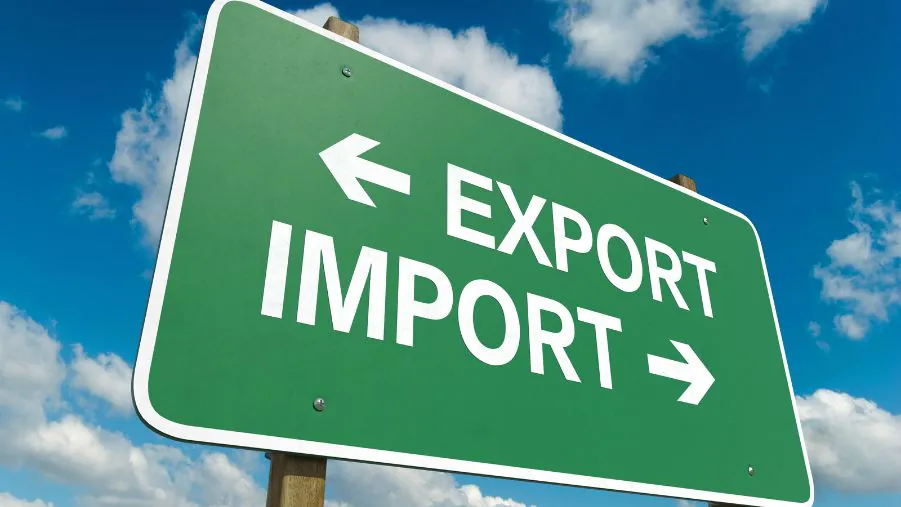Insights

Exporting goods from Ireland can be a valuable way to grow your business. However, it requires full compliance with tax, customs, and regulatory obligations. As an experienced accountancy firm, we work with businesses to ensure their operations run smoothly. This includes everything from customs documentation to tax planning.
Whether you’re starting out or expanding to new markets, it’s important to understand your responsibilities. Exporting goods from Ireland comes with specific compliance requirements you need to follow.
Understanding the Basics of Exporting
Exporting goods from Ireland means selling and shipping products abroad. This can be to customers inside or outside the EU. It’s essential to know what’s required in terms of licensing, paperwork, and VAT.
The Irish Revenue outlines specific steps for compliance. These include registering for an EORI number and completing customs declarations correctly. You can learn more on Revenue’s official exporting guidance.
For companies involved in sensitive sectors, it’s also important to be aware of export controls. The Department of Enterprise, Trade and Employment provides detailed guidance on products subject to export licensing.
Common Compliance Requirements
To stay compliant when exporting goods from Ireland, you must:
- Register for an EORI number (Economic Operators Registration and Identification)
- Understand VAT obligations, especially for non-EU exports
- Submit customs declarations through Revenue’s systems
- Check for restrictions or licensing on specific goods
- Maintain accurate records for tax and customs audits
Customs procedures can vary depending on your destination and the type of goods exported from Ireland. Make sure you are familiar with the relevant classifications and codes for your products.

Managing Your Export Documentation and Costs
Documentation is a critical part of any exporting business. This includes commercial invoices, packing lists, certificates of origin, and transport documentation. Missing or incorrect information can result in delays or fines.
There are also cost considerations, from shipping and insurance to taxes and duties. An experienced professional can help ensure compliance with Irish and international rules.
If you’re running a dropshipping business, goods are often shipped directly from a supplier to the customer. In these cases, the products may never physically enter or leave Ireland. However, you may still have Irish tax obligations depending on where your customers are based.
Keeping up with export accounting ensures your finances and taxes are accurate, and you’re audit ready.
Support for Irish Exporters
There’s plenty of support available if you’re part of the import and export business. Your Local Enterprise Office can provide mentoring and training. They also offer funding to help small businesses expand into new markets. Fingal LEO offers guidance here.
Whether you’re exporting to Europe, the UK, or globally, building a solid foundation early is key to success. Compliant businesses are more resilient and better prepared for international growth.
Exporting goods from Ireland is an exciting opportunity, but success depends on staying compliant. From customs regulations to financial planning, there are many moving parts to manage. Clear records, knowing tax duties, and following procedures ensure smooth operations and growth.
As a trusted accountancy firm, we support Irish businesses with everything from tax strategy to compliance. If you’re involved in exports from Ireland or planning to start, we’re here to help.
Explore our website to learn how our advisory services can support your growth.








